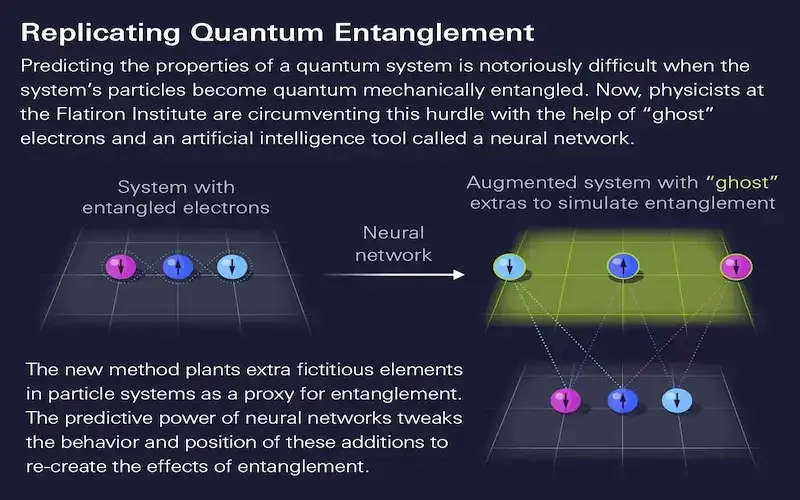Quantum mechanics is an associative field used in quantum computing to process complex problems faster than traditional computers. It contain components from mathematics, physics, and computer science. It is a developing field of study that uses quantum physics to address problems that are too complex for classical computers.
What Is The Process Of Quantum Computing?
- A quantum computer could perform calculations on a far grander scale.
- Both technically and conceptually, the quantum computer contains the actual, fundamental, natural physical mechanism.
Quantum Computing Importance
- Current supercomputers require many generations to solve these problems due to their complexity.
- The world could be saved from the current global health tragedy if such a tool had been accessible. One of the main problems is that the physical limits of the process are difficult to overcome because they utilize a lot of electricity.
- Due to quantum computing, ammonia-based fertilizers would be generally available at reasonable prices. The technique would use less energy overall during the nitrogenase development process.
- The most outstanding applications for classical computing are linear issues requiring periodic processes. These computer systems are constructed on linear mathematics, which looks at transformational properties and linear equations.
Here are the top 10 features of Quantum computing:
1. Machine Learning
The field of study known as quantum machine learning is applies to machine learning methods to quantum computers. For example, we would like to see whether or not quantum computers can speed up the training or evaluation of machine-learning models. It is possible to measure the characteristics of quantum systems, find error-correcting algorithms, and create original quantum algorithms using machine learning techniques.
Quantum machine learning has realized all of its potential. It is necessary to develop quantum hardware since the quality, speed, and scalability of today’s quantum computers are enough to realize the full potential of quantum computing.
- Nanoparticle Analyses.
- Molecular models are helpful for medical research and drug discovery.
- The study of space is progressing.

2. Space
- The study of things outside the atmosphere of the Earth is known as space science. It covers planetary science, astronomy, astrophysics, and other fields. Space research uses quantum computing for many purposes, including data processing, simulations, and communications.
- Because quantum computers can construct complex systems like particle behaviour in a planet’s atmosphere or the changing structure of a planet’s magnetic field, they can help scientists plan missions to other planets and moons to get a better understanding of their conditions.

3. Finance
The banking and finance sector requires real-time data analytics and projections. The issue with classical computing is that the findings are frequently just examinations when dealing with enormous amounts of data produced at rapidly. In addition to being available in absolute real-time, quantum computing dramatically expands the field’s potential applications.

4. Aircraft Creation
- Quantum computers are helpful in the design of planes and spacecraft. They are capable of constructing flight conditions and their effects on the craft. It can assist engineers in optimising design and ensuring that they meet all safety criteria.
- Quantum computing has the potential to change the aerospace industry. It is an essential tool for managing mission-critical problems due to its potential to handle complex issues more quickly than conventional computers. Its uses in the aerospace sector include designing aeroplanes and spacecraft, managing missions, and managing traffic in real-time. Plane and spacecraft design can benefit from the use of quantum computers. They can create flight scenarios and analyse how they will affect the ship.
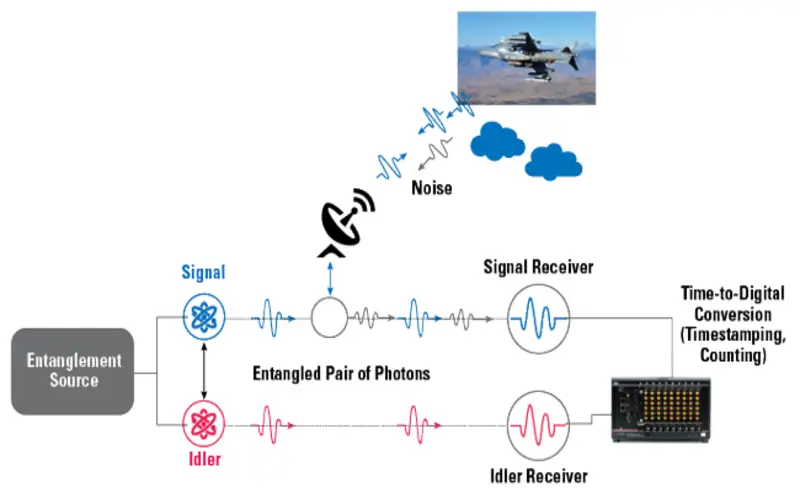
5. Cyber Security
Quantum computing is transforming the cyber security sector, presenting benefits and challenges. Its outstanding computational skills enable secure communication and improved threat detection while also affecting traditional encryption solutions.
Information processing in quantum computers is built on quantum physics concepts like superposition and entanglement. It put the communication networks that relied on these cryptographic protocols and sensitive data at risk. It can be applied to strengthen cyber security concerns.

6. Improved Mobile Network Coverage
- Network coverage is an interesting new use for quantum computing. It increases the chances of finding a site with better coverage, even it does not mean that the satellites will be able to cover all of the poor service locations.
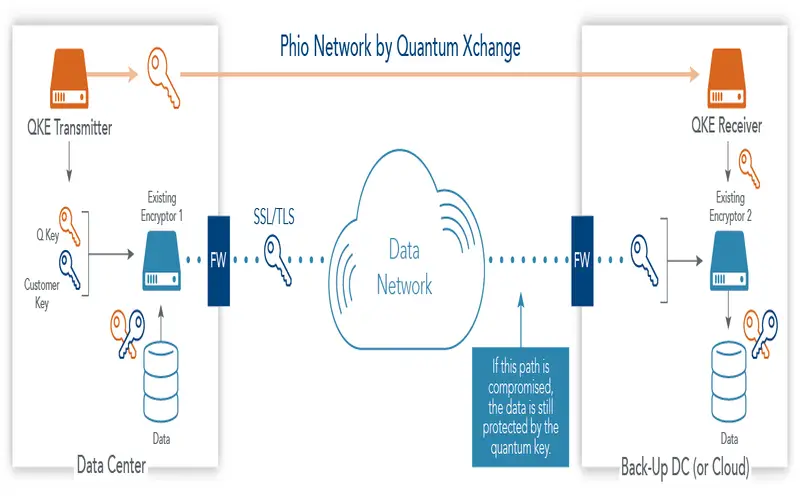
7. Optimisation Of Logistics
An individual route with hundreds of stops can be optimised for minutes using unique quantum mechanical features. To ensure that supplies with the minimum number of vehicles possible, they can also control across whole teams. Logistics companies can use quantum computers to lower delivery costs, cut CO2 emissions from the final miles trips, and enhance the customer experience.
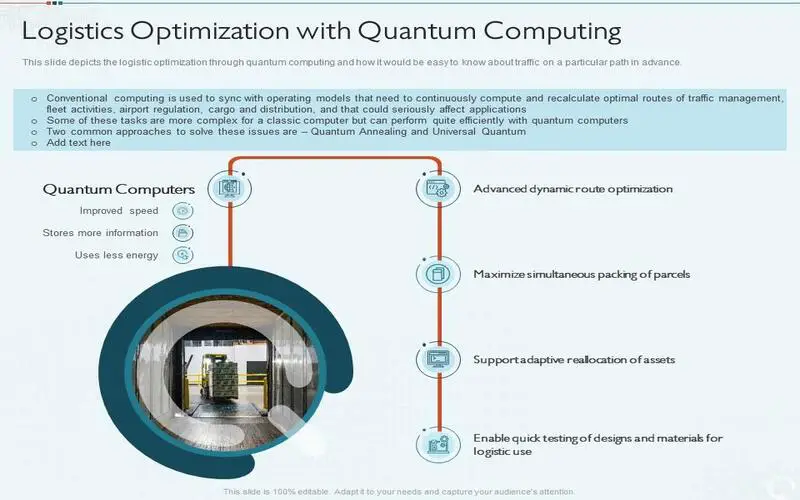
8. Weather Forecasting
It would be naive to overlook the benefits of quantum computing in weather forecasting and climate. Quantum computing’s ability to analyse and comprehend data could lead to more accurate forecasts of weather and climatic patterns. These projections may assist us in better managing our resources and preparing for extreme weather events.
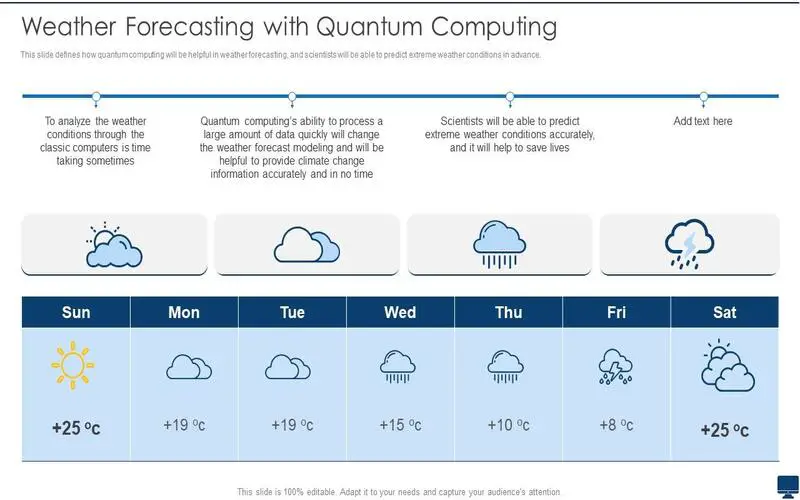
9. Superposition Of Quantum States
When an electron is in superposition, its different states can be viewed as unique outcomes, each with an extra chance of being detected.
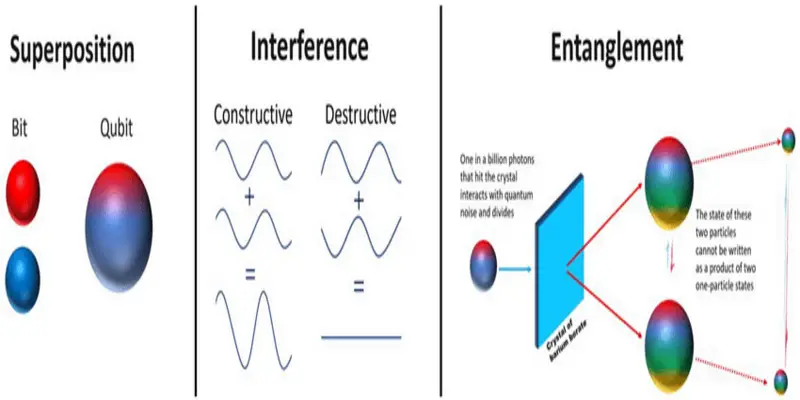
10. Entanglement In Quantum Physics
Entanglement acts as a type of computational multiplier for qubits in a quantum computer. The system’s ability to perform calculations grows nonlinearly as more qubits are entangled.
